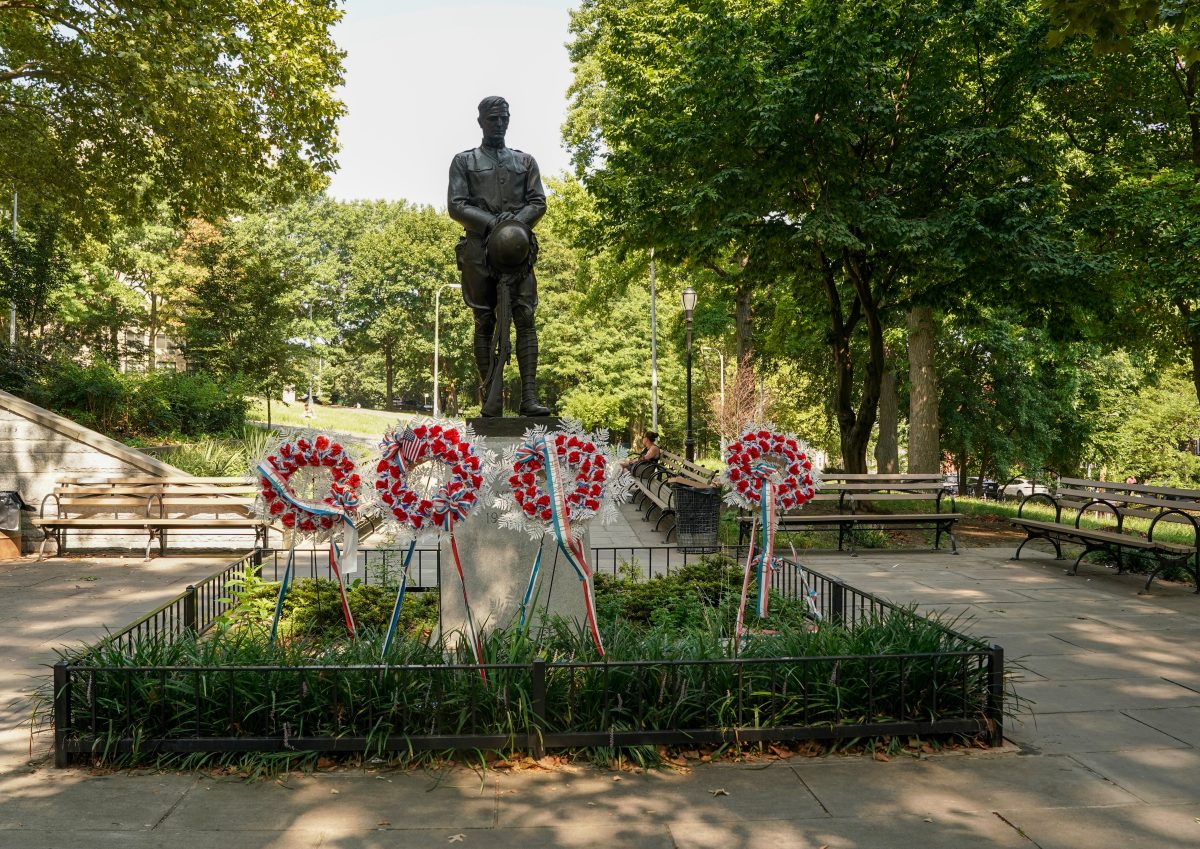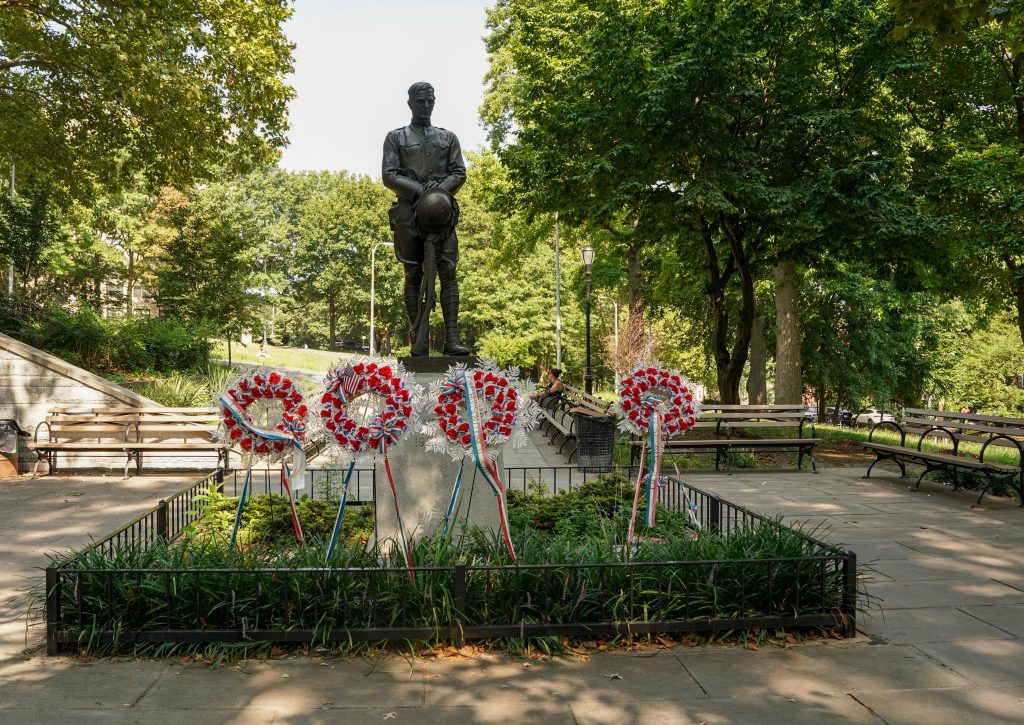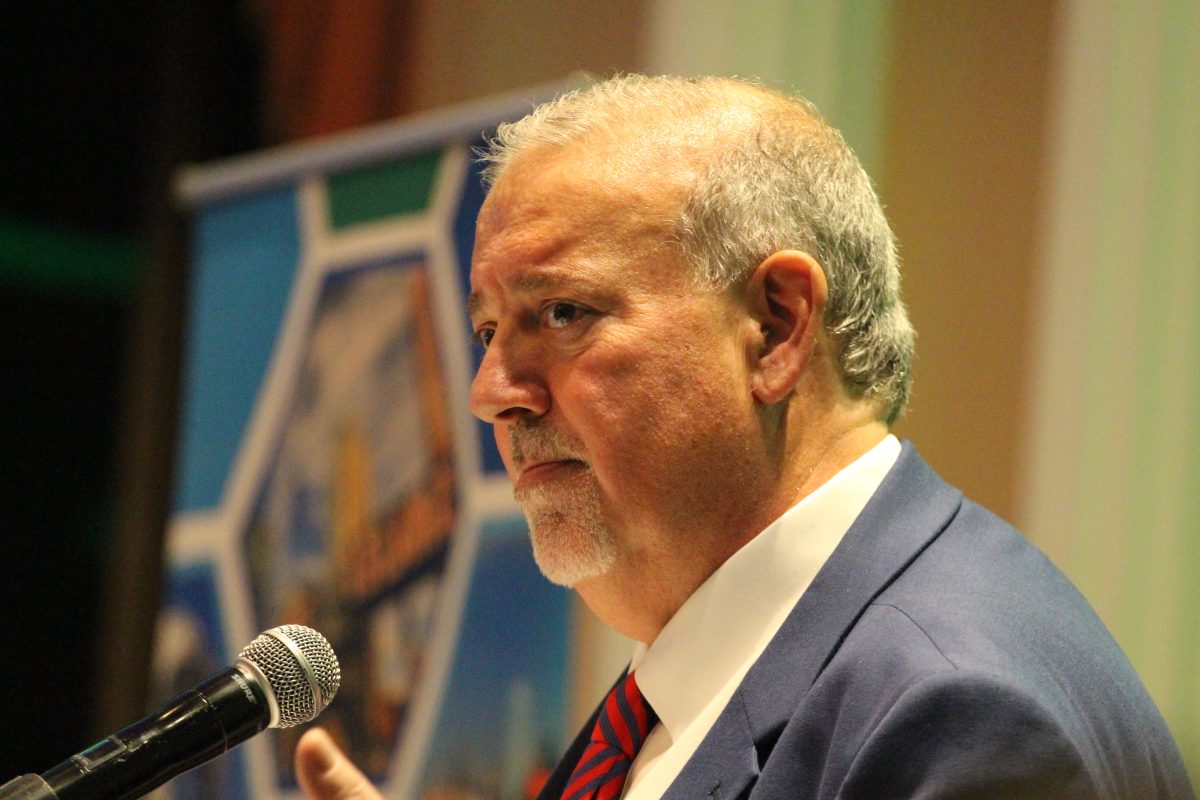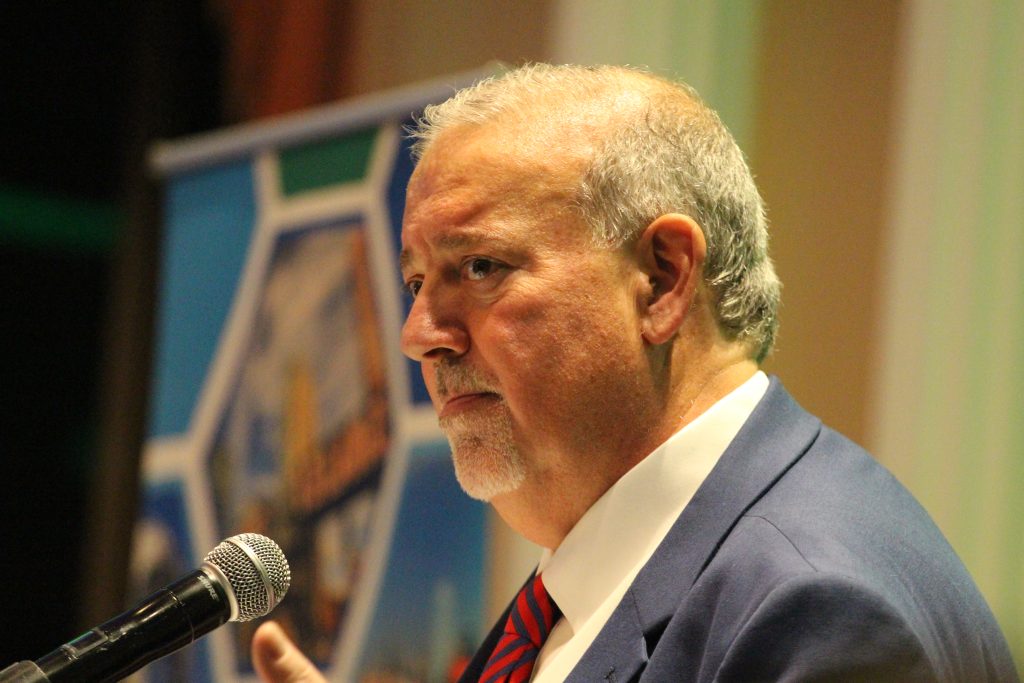BP Richards Approves City of Yes With Conditions, Defends Parking in Suburban Neighborhoods
By Celia Bernhardt | cbernhardt@queensledger.com
Queens Borough President Donovan Richards gave a conditional thumbs-up to the Adams administration’s hotly-contested City of Yes housing plan on Monday.
Richards is the final borough president to weigh in, following three statements of support from Manhattan, the Bronx and Brooklyn, and one rejection from Staten Island. Queens has seen a strong organized opposition movement to the plan, especially in more suburban neighborhoods. Richards, a generally pro-development representative who touts his achievements in increasing housing stock in the borough, has had to walk a fine line in navigating the issue. Earlier in August he held his own public hearing on the City of Yes, inviting over four hours of critique from testifiers.
The approval is tied to seven total conditions that diverge from the existing plan. Key among them is retaining parking mandates for new developments in low-density areas of the borough that lack access to public transit, called Outer Transit-Oriented Development Areas in the borough president’s official recommendation document.
“The Long Island Railroad (LIRR) serves OTODAs like eastern and southeastern Queens,” the recommendation reads, “but service is infrequent and many commuters must drive to LIRR stations.”
Richards agreed, however, with making parking creation optional in denser transit hubs like downtown Jamaica, Flushing and Long Island City.
Beyond parking, Richards called for the Departments of City Planning and Housing Preservation & Development to provide stronger affordability options in the plan’s Town Center Zoning proposal, emphasizing concern that the new units would be majority market-rate and calling for the City to allocate funds for rental subsidies.
He also devoted two different conditions to the issue of basement apartments, recommending that the city establish a $1 billion dollar fund for the Basement Apartment Pilot Program, set transparency guardrails to ensure that regulations are enforced equitably, and establish an amnesty program to allow homeowners who already have basement apartments to legally bring them up to code. Additional conditions focused on monitoring and preventing adverse impacts on the borough’s infrastructure.
The full recommendation document is available here.
Richards made sure to voice his enthusiasm about City of Yes overall in his evaluation. “Queens and New York City as a whole are facing housing and affordability crises the likes of which haven’t been seen in generations … It is abundantly clear that the only realistic solution to these crises is to build more affordable housing as rapidly and strategically as possible,” the borough president wrote. “It is important to recognize that all Community Boards highlighted significant concerns about potential impacts on Queens infrastructure and the need for deeper, affordable housing. Balancing these two critical issues will require thoughtful collaboration and robust commitments from the City and the State.”
With all five borough presidents’ non-binding recommendations accounted for, City of Yes’s next stop is a review and vote from the City Planning Commission. After that, it will be sent before the City Council for a vote.






